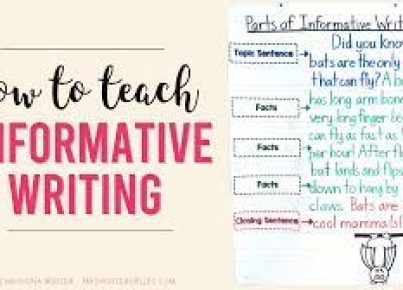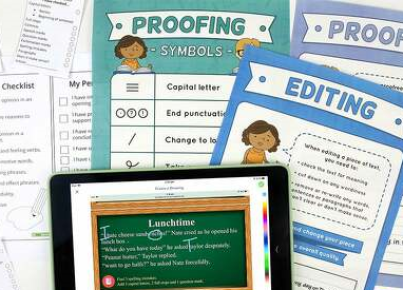Introduction
Transactional writing encompasses various forms of communication that are meant to convey information, express ideas, or engage with an audience. For students and teachers, mastering transactional writing skills is crucial to facilitate effective communication and enhance clear understanding in academic settings. This article delves into the significance of transactional writing and offers practical tips for students and teachers to hone their skills.
Why Transactional Writing Matters
In academic settings, transactional writing covers a wide spectrum of activities such as writing essays, composing emails, creating business reports, drafting letters, or filling out applications. Developing strong transactional writing skills allows students to articulate their thoughts coherently and effectively communicate with their peers, teachers, or potential employers.
For teachers, transactional writing plays a pivotal role in providing constructive feedback on student assignments. Furthermore, it enables them to communicate information to parents or other stakeholders regarding events, meetings, or learning objectives. Here are some practical tips for students and teachers to improve in transactional writing.
Tips for Students
1. Recognize your audience: Before you begin writing, understand who you are addressing. Identify your audience’s expectations to tailor your language and writing style accordingly.
2. Use clear language: Avoid using jargon or complex terms that could potentially confuse your reader. Keep your language concise and straightforward, bringing clarity to your content.
3. Adhere to format: Different types of transactional writing require specific formats. Familiarize yourself with these formats and follow the guidelines while drafting emails, essays, letters or reports.
4. Proofread and revise: Always proofread your work for grammatical errors or unclear thoughts before submission. Revision plays a crucial role in improving the quality of your transactional writing.
Tips for Teachers
1. Model effective transactional writing: Set a benchmark for your students by demonstrating what good transactional writing looks like through examples. Encourage them to study these models and reflect on how they can adapt their style accordingly.
2. Offer constructive feedback: Provide individualized feedback on students’ transactional writing assignments. Highlight the strengths and areas of improvement, and suggest strategies for making their work more effective.
3. Encourage varied writing activities: Expose your students to different writing situations and give them the opportunity to practice transactional writing through structured activities or prompts.
4. Collaborate with colleagues: Share best practices and collaborate with fellow teachers to foster a comprehensive approach to teaching transactional writing skills within your school community.
Conclusion
Transactional writing is crucial for effective communication in academic settings. By following the practical tips outlined above, students and teachers can hone their skills, leading to improved interactions and better educational outcomes. An investment in transactional writing abilities will undoubtedly prove invaluable throughout one’s academic journey and beyond.




